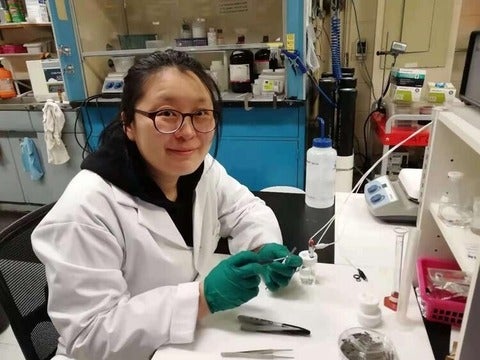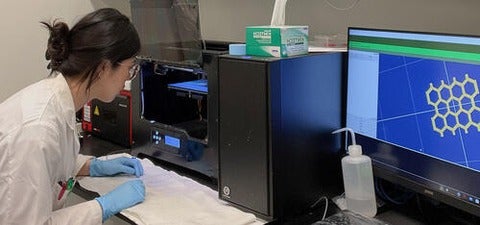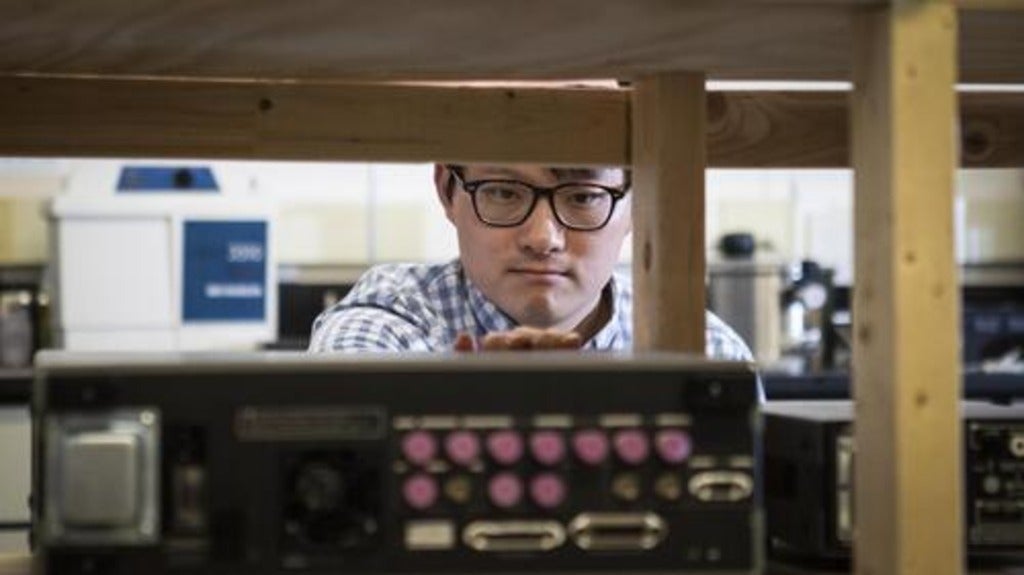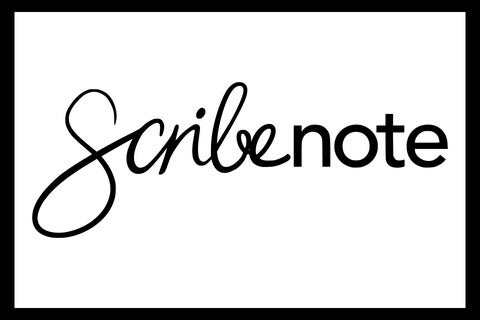Nanofellowship alumni health start-up inspired by childhood stories
As a child, 2016 Nanofellowship awardee Youssef Helwa (BASc ’15, nanotechnology engineering, MASc ’17, electrical engineering from UWaterloo) was mesmerized by his mother’s stories about the patients she cared for as a surgeon.






